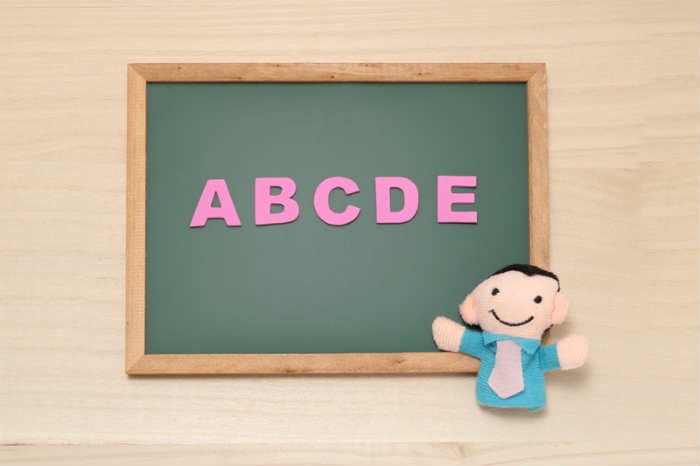











When searching for mental health services, being knowledgeable is crucial. Although the terms therapist and psychologist both describe professionals committed to enhancing their patients’ emotional and mental health, they do not carry the same meaning. Understanding some of these distinctions can aid you in your quest for the appropriate expert.

The two titles can often confuse potential patients. We will delve into some of the more subtle differences, but in summary, there are various kinds of therapists, with psychologists being one of the more widely recognized types.
Psychologists are recognized by their advanced degrees and clinical expertise in psychology, which necessitates obtaining an undergraduate degree, a master’s degree, and a doctoral degree (Ph.D. or PsyD) in psychology. They are classified as social scientists and have the option to specialize and conduct research in specific areas such as counseling theory, research, general psychology, behavior modification, and diagnosing mental health disorders.
Psychologists undergo intensive training and receive thousands of hours of supervised practice before they can work independently. Their main responsibility is to diagnose and treat their patients and clients. They may also collaborate with psychiatrists to provide comprehensive treatment to patients.
The term “therapist” is a broad label that encompasses several fields within the mental health profession, including various types of psychologists, licensed social workers, counselors, and marriage and family therapists. To become a therapist, one must obtain a specific degree that meets national and/or state requirements. While most therapists hold advanced degrees, in some states, a bachelor’s degree under the supervision of a licensed therapist or psychologist is sufficient for practice.
While all therapists receive training in counseling and diagnosing, their backgrounds and areas of focus may differ. For instance, those with a degree and license in marriage and family therapy possess a profound understanding of family systems, while individuals with a social work degree and license have a deeper understanding of families and their dynamics within the community.
If you are looking for a counselor, it is imperative to make sure you find someone who is licensed. The licensing process is very long and demanding. Most fully licensed professionals have spent thousands of hours under clinical supervision. This process helps legitimize the license and ideally leaves them highly competent and experienced.
If you see letters at the end of a professional’s name and do not recognize them, it is advisable to inquire as to what they mean. As a client, it is important to make sure that the treatment you receive is in line with the most up-to-date research and best practices. Doing your homework can help steer you in your search for a mental health professional.
The difference between the two titles can often be confusing, but understanding some key differences can aid in making an informed decision about the type of professional you would like to work with.
Psychologists have a broader and more thorough education in the various schools of thought and approaches to psychology. This may provide them with a broader set of skills to treat different types of cases. They are trained to diagnose and treat their clients and often work in collaboration with psychiatrists to provide comprehensive care.
On the other hand, therapists are more focused on practical aspects of patient care. They are trained to diagnose and treat clients and their areas of focus can differ based on their degrees and license.
When deciding between a therapist and a psychologist, it’s essential to consider your needs and preferences. For instance, if you have a specific mental health condition, a psychologist may be better equipped to provide an accurate diagnosis and comprehensive treatment. Suppose you’re looking for counseling services or need support with family or relationship issues. In that case, a therapist with specialized training in marriage and family therapy or counseling may be the right choice for you.
Ultimately, your decision should be based on your specific needs and comfort level with the professional you choose to work with. It’s essential to do your research, ask for referrals, and take the time to find a professional with whom you feel comfortable and confident in working toward your mental health goals.
Sources